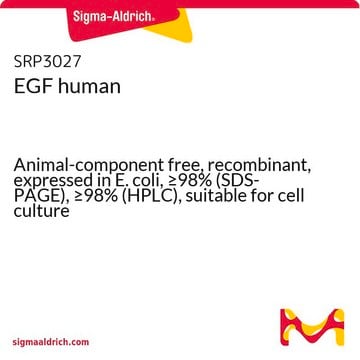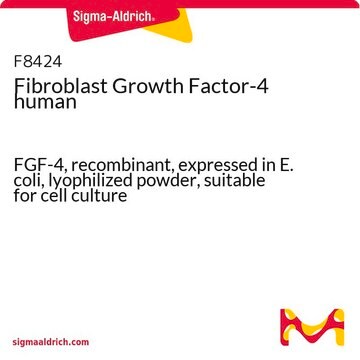H1138
Horse Serum
Donor Herd, USA origin, Heat inactivated, sterile-filtered, suitable for cell culture
Synonym(s):
HS, equine sera, equine serum, horse sera, sera, serum
About This Item
Recommended Products
biological source
horse serum
Quality Level
sterility
sterile-filtered
composition
Hemoglobin, ≤20 mg/dL
origin
USA origin
technique(s)
cell culture | mammalian: suitable
impurities
≤10 EU/mL Endotoxin
shipped in
dry ice
storage temp.
−20°C
Looking for similar products? Visit Product Comparison Guide
Application
- as a media supplement in the differentiation medium to culture the pheochromocytoma (PC12) cells
- in immunocytochemistry and immunohistichemistry
- to study the therapeutic effect of serum treatment on cardiomyocyte viability
Preparation Note
Prepared by heating at 56 °C for 30 minutes.
Storage Class Code
10 - Combustible liquids
WGK
WGK 3
Flash Point(F)
Not applicable
Flash Point(C)
Not applicable
Personal Protective Equipment
Choose from one of the most recent versions:
Already Own This Product?
Find documentation for the products that you have recently purchased in the Document Library.
Articles
Find answers to frequently asked questions (FAQs) about FBS and other serum products, and links to related products.
Protocols
How to stain organoids? A complete step-by-step protocol for immunofluorescent (IF) and immunocytochemical (ICC) staining of organoid cultures using antibodies
Our team of scientists has experience in all areas of research including Life Science, Material Science, Chemical Synthesis, Chromatography, Analytical and many others.
Contact Technical Service






